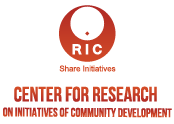Recently, The Department of Labor, Invalids and Social Affairs of Hoa Binh province cooperated with The center for Research on Initiatives of Community Development (RIC) to organize a conference to develop cooperation mechanisms and joint action plans in project implementation “ Strengthen cooperation between government agencies and communities to ensure the rights of women and girls in Hoa Binh province “.
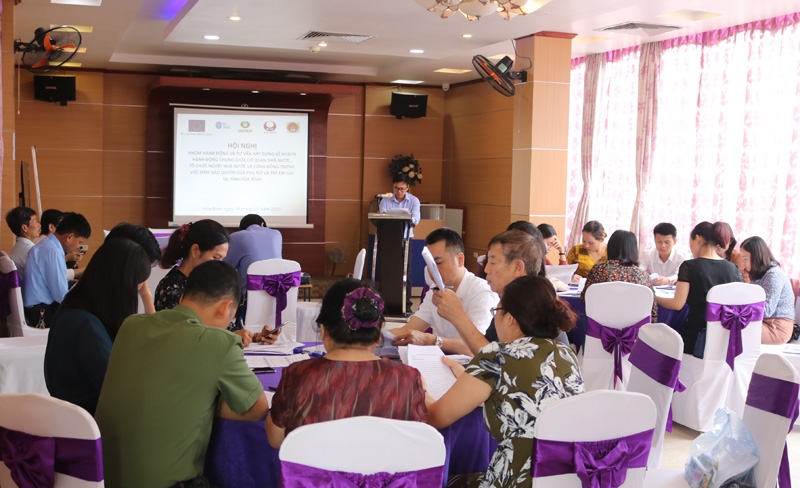 |
| Overview of the conference (Photo: RIC) |
At the meeting, the members discussed ideas for building regulations with the following contents: purpose, scope, content, implementation responsibility. In particular, it is proposed to develop a financial mechanism to promote project activities, thereby enhancing effective and sustainable capacity, legal knowledge and legal aid through strengthening cooperation between state agencies, non-state organizations and the community.
The project “Strengthening cooperation between state agencies and communities to ensure the rights of women and girls in Hoa Binh province” is implemented in 5 communes: Yen Phu, Yen Nghiep, Tan My, An Nghia and Thuong Coc, Lac Son district from June 2019 to October 2020. The project aimed to reduce and prevent gender inequality, domestic violence and child abuse in ethnic minority areas in Hoa Binh province.
Participating in the project, ethnic minority women and children had improved legal knowledge (gender equality, domestic violence prevention, marriage, children) and effective also sustainable legal aid through enhancing cooperation between state agencies, non-state organizations and the community.
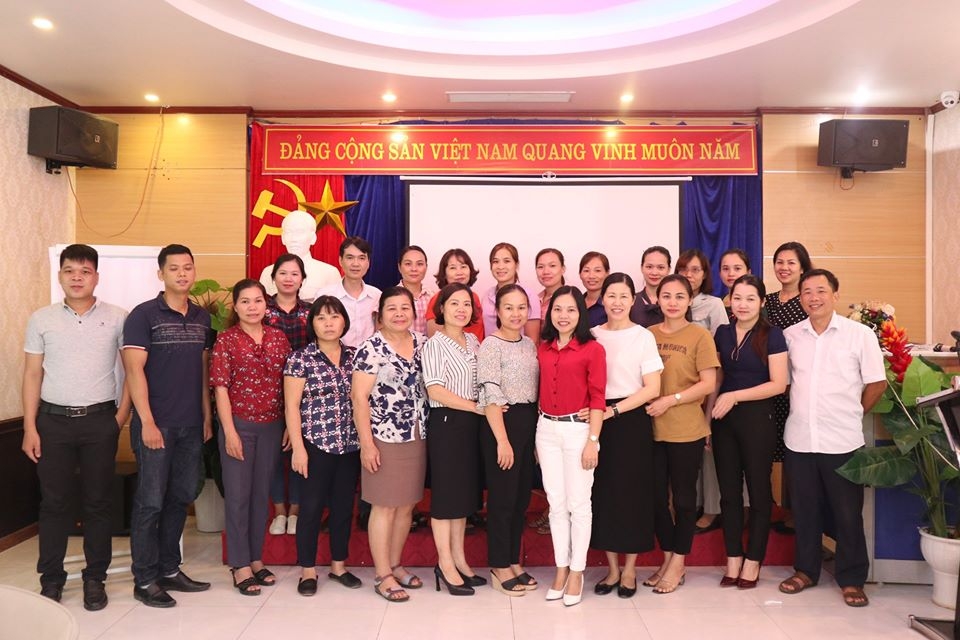 |
|
The RIC Center cooperated with the Department of Labor, War Invalids and Social Affairs of Hoa Binh province to organize training for members about marriage, family law and child law (Photo: RIC) |
Previously, RIC held a working session with the Lawyers Federation of Hoa Binh province and representatives of law offices in the province to promote the connection of legal advice and legal aid to the subjects of the project area. Through the meeting, the Lawyers Federation of Hoa Binh province and representatives of the law offices in the province unanimously agreed and ready to connect also provide free legal assistance to the subjects in the project area.
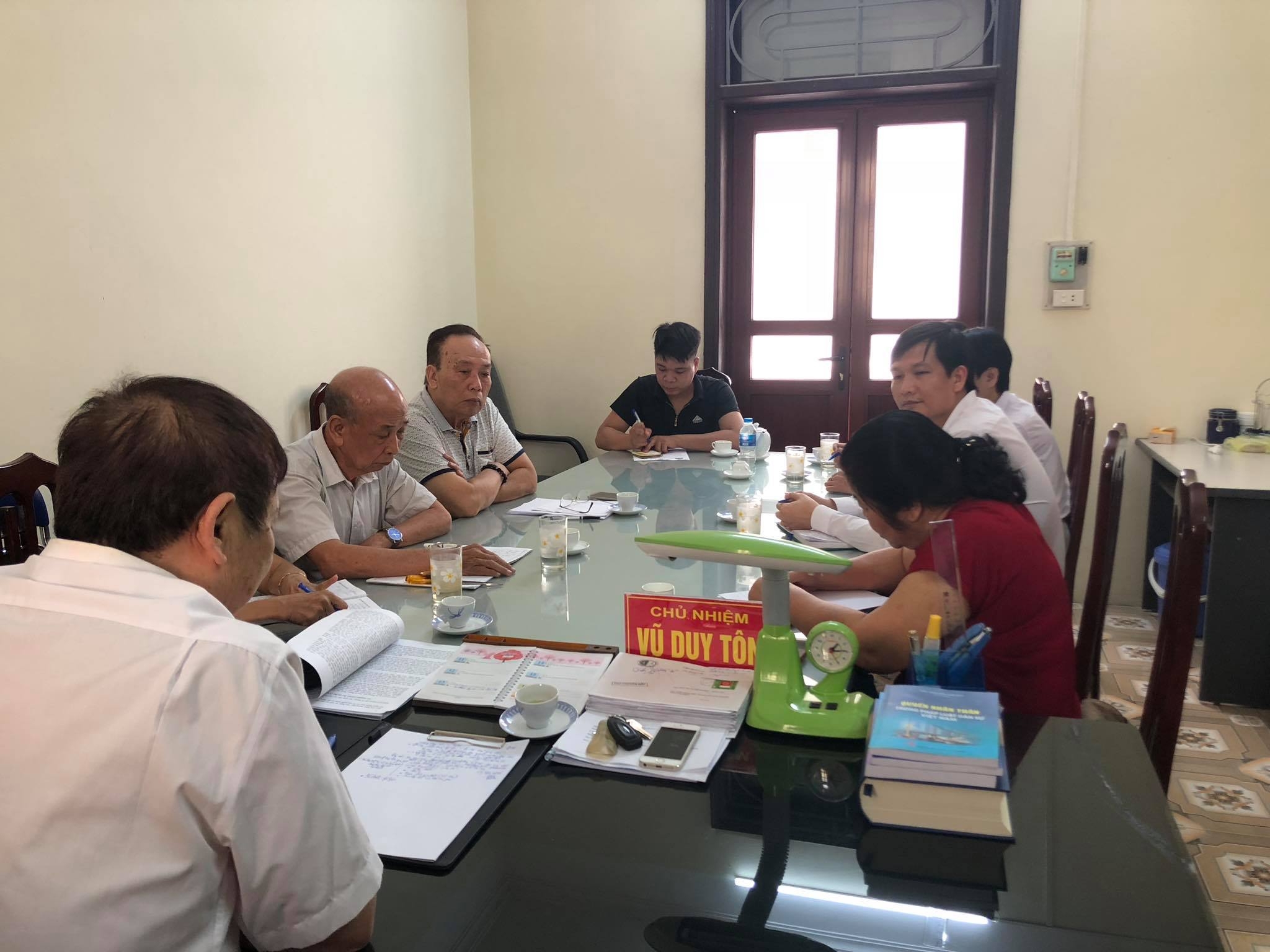 |
| RIC held a meeting with the Lawyers Federation of Hoa Binh province (Pt: RIC) |
Community groups in 6 project villages of 3 communes Tan My, Yen Nghiep, An Nghia, Lac Son district, Hoa Binh province provided direct legal assistance to 51 cases in need at the household. Through counseling sessions, people and their family members have a deep knowledge about marriage and family laws, domestic violence prevention law, gender equality and children law. At the same time, related issues such as divorce, child marriage, recognition of violent acts … were also answered.
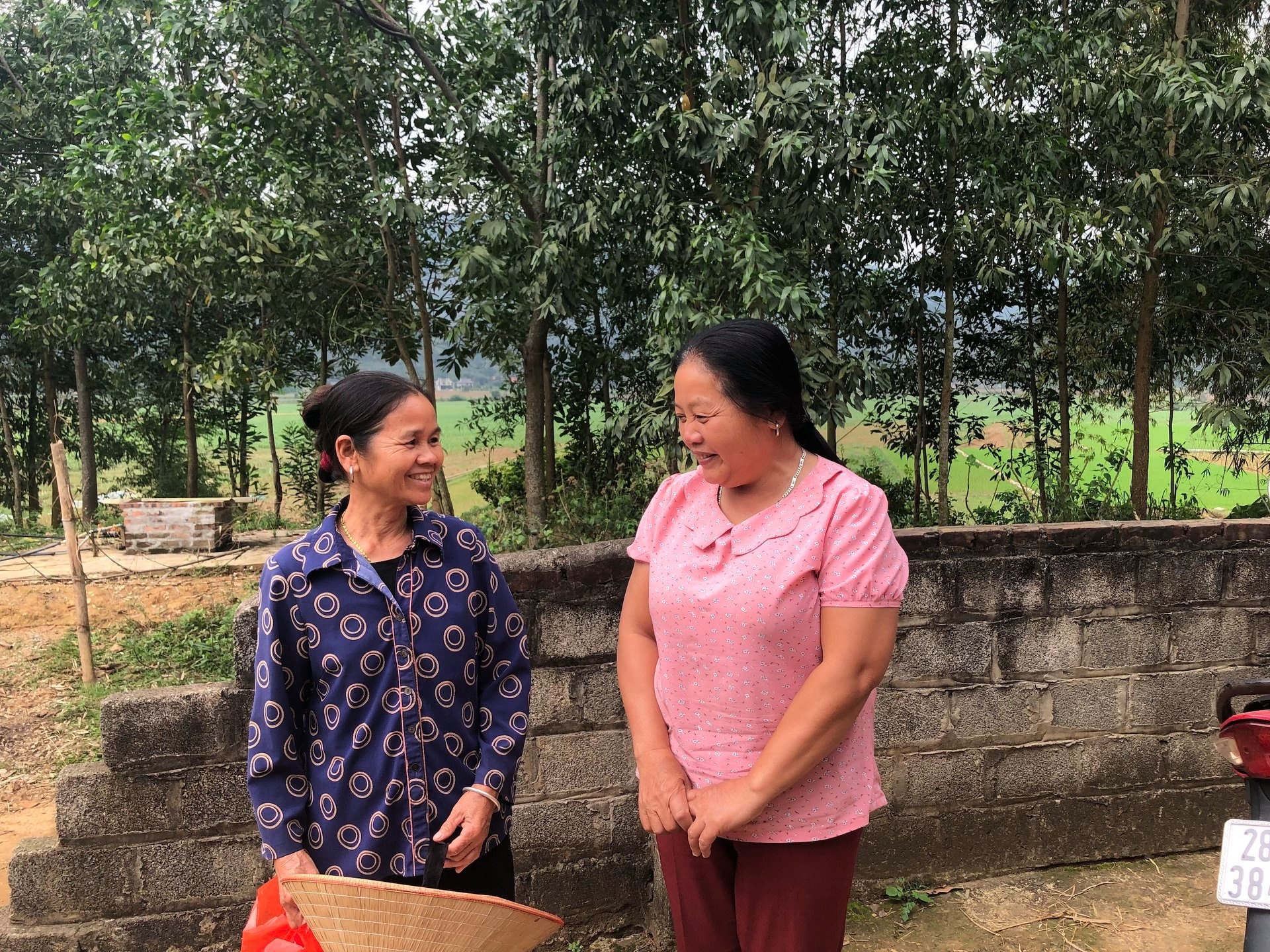 |
| The RIC center helps to connect people to the District Legal Aid Center to support marriage and family procedures (Photo: RIC) |
The center for Research on Initiatives of Community Development (RIC) is a non-profit organization belonged to the Vietnam Union of Science and Technology Associations (VUSTA) established under Decision No. 1160 / QD-LHH dated 28/28 8/2009 of the Union and operating under the registration of activities in science and technology No. 865 issued by the Ministry of Science and Technology on 11/9/2009. The Center’s goal is to connect and promote initiatives in building the self-governance capacity of ethnic minorities towards sustainable community development.

